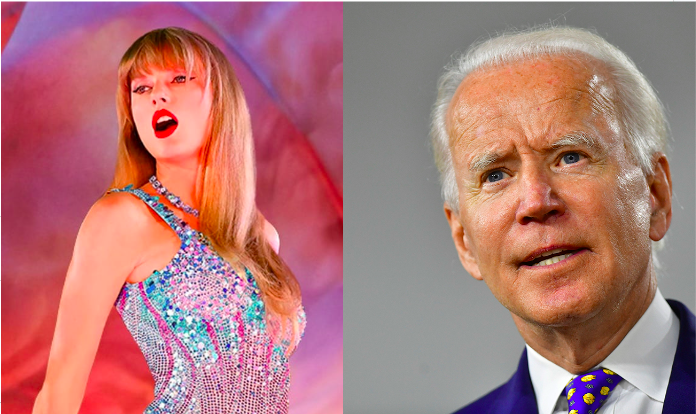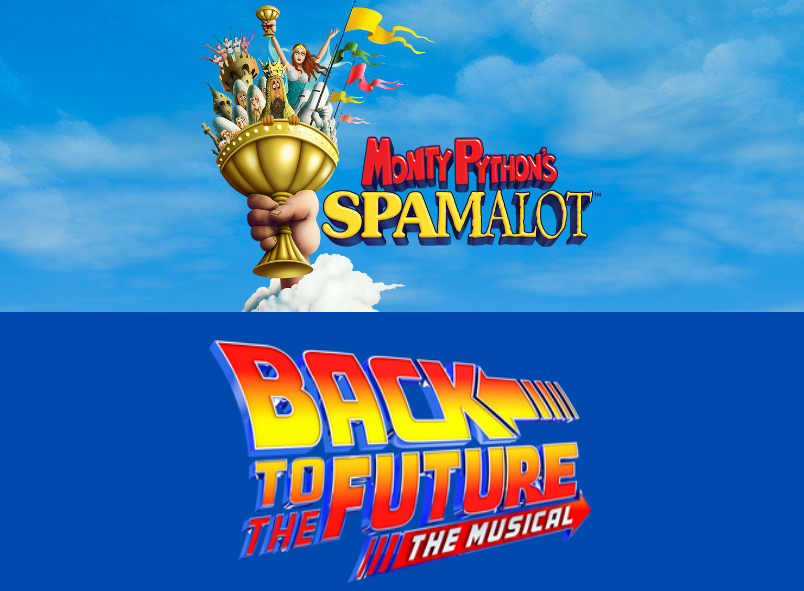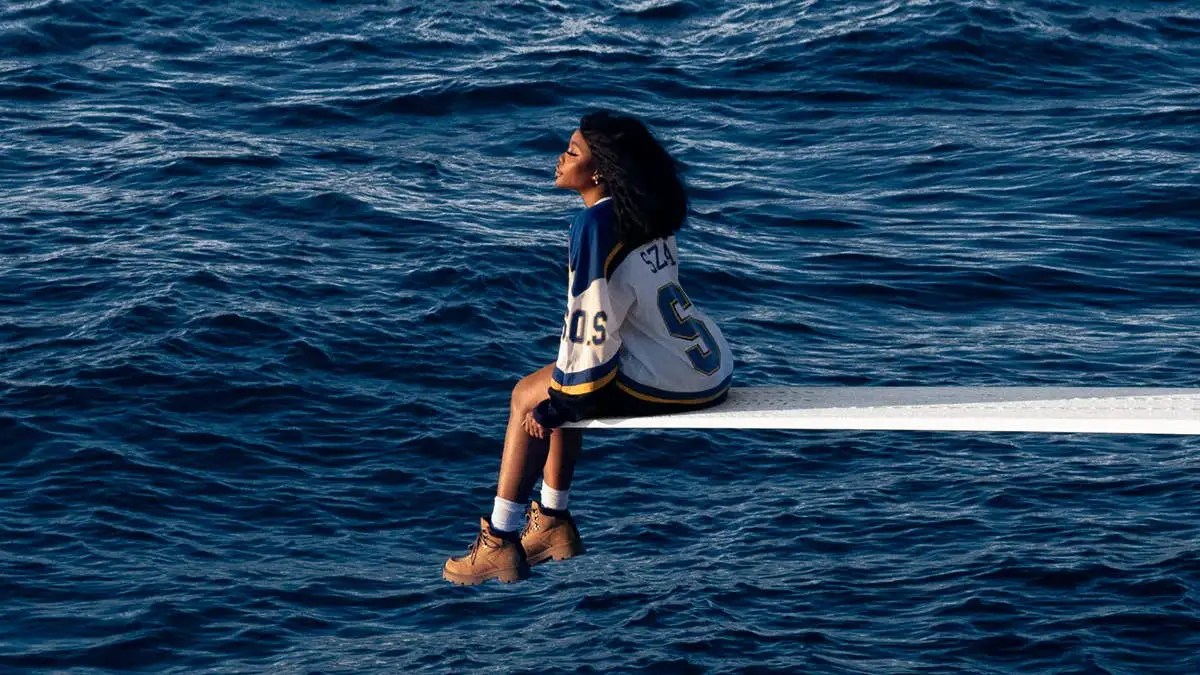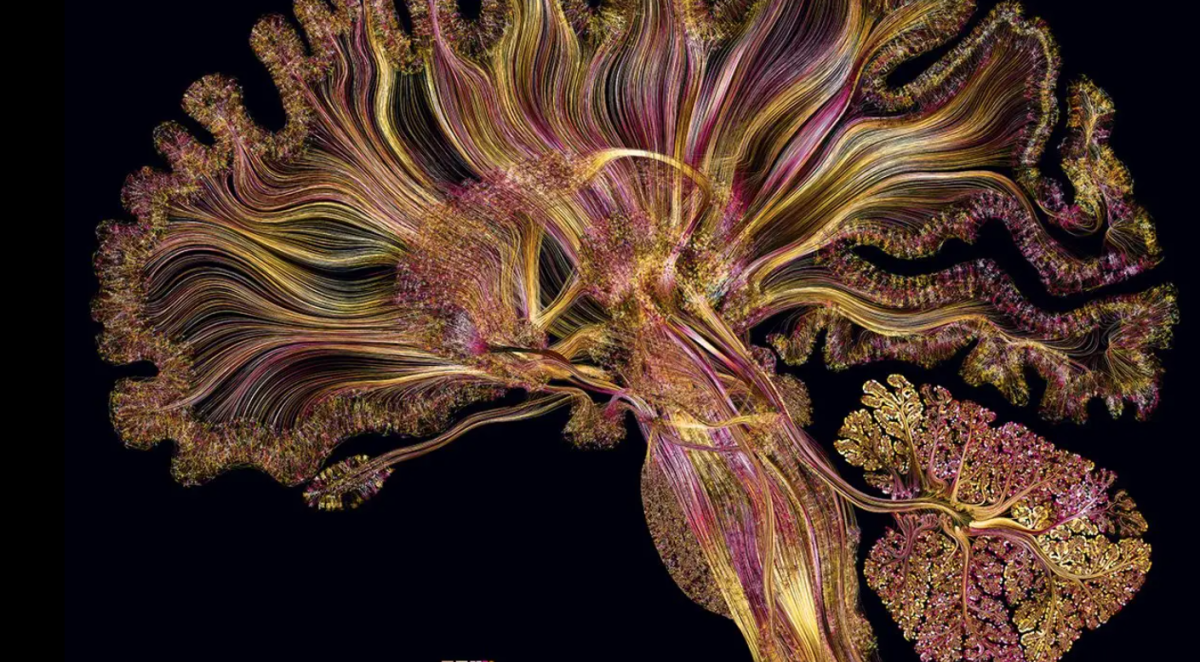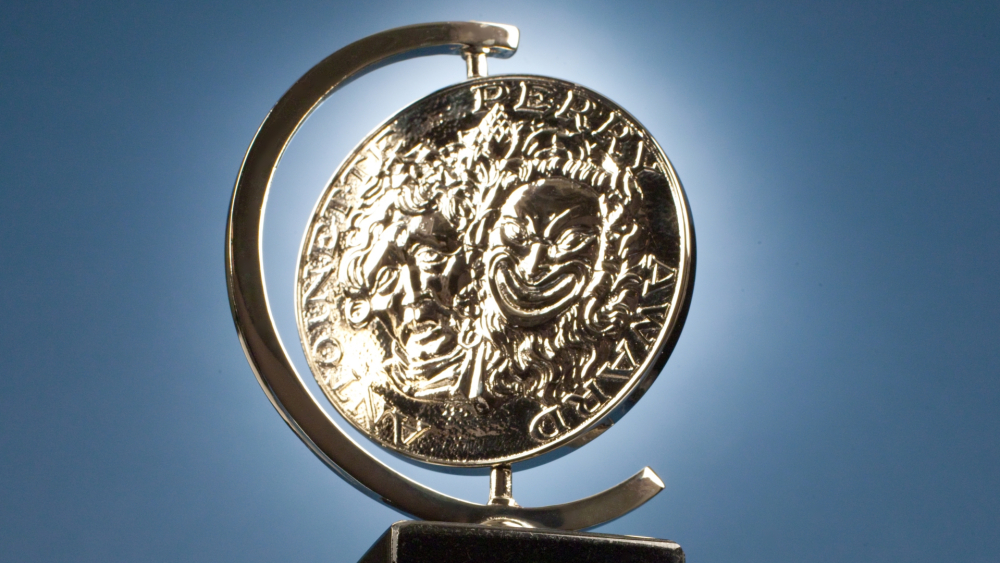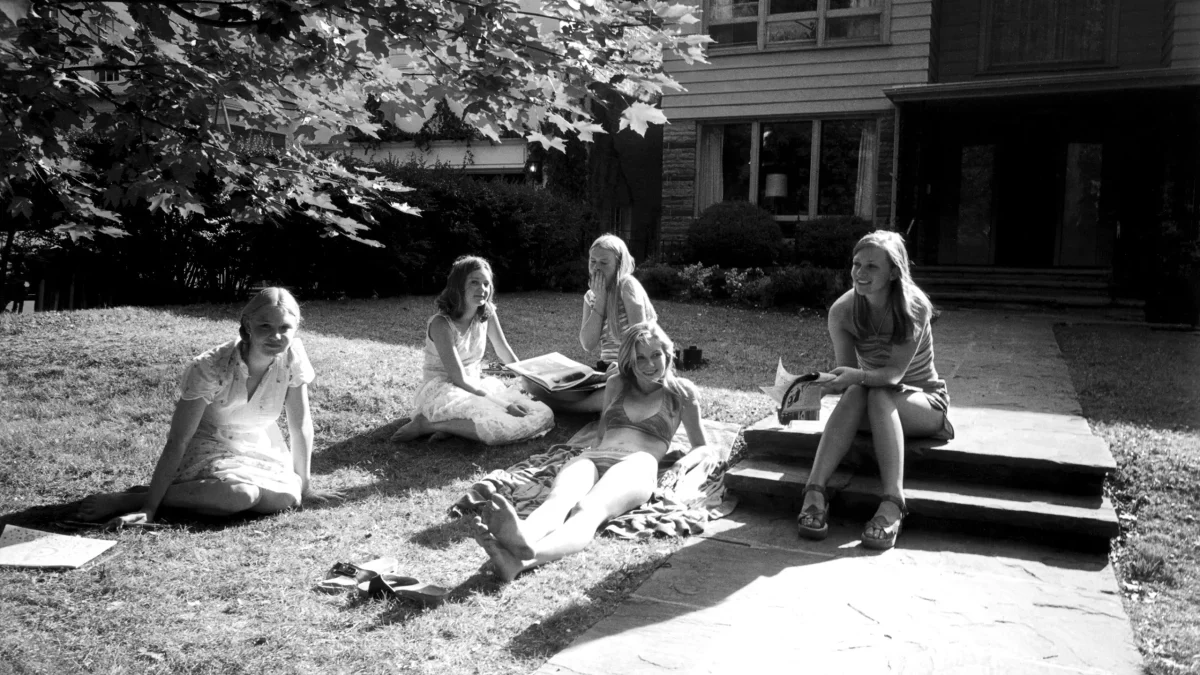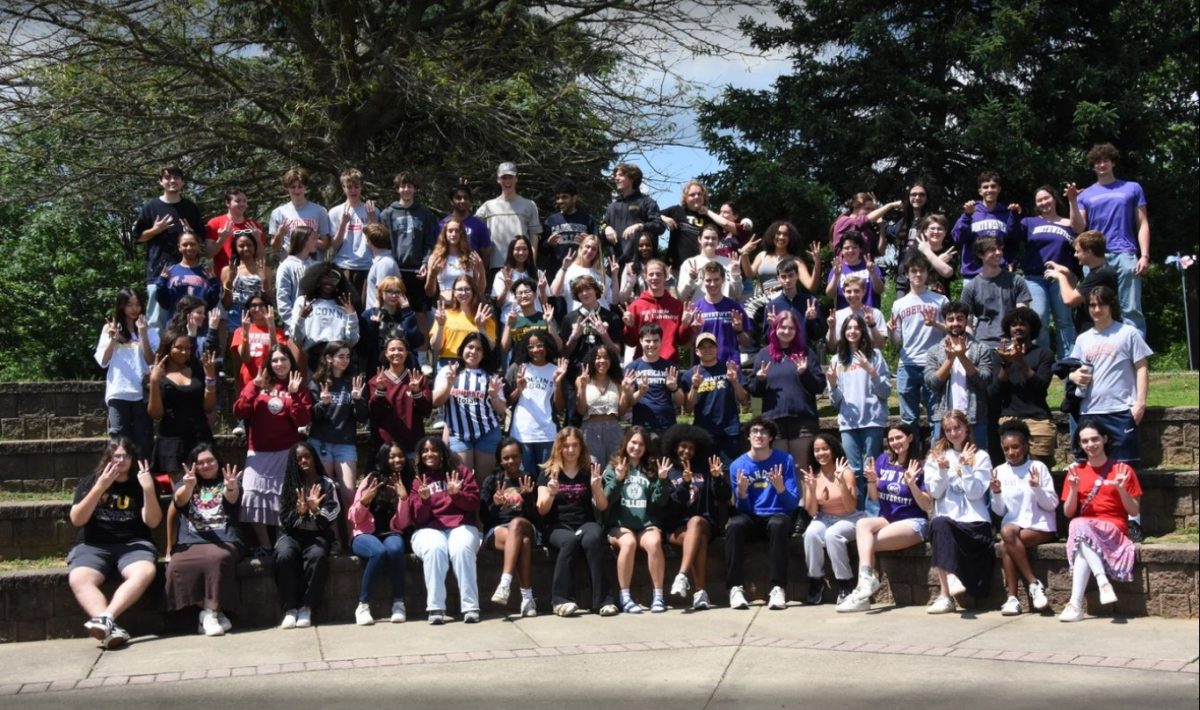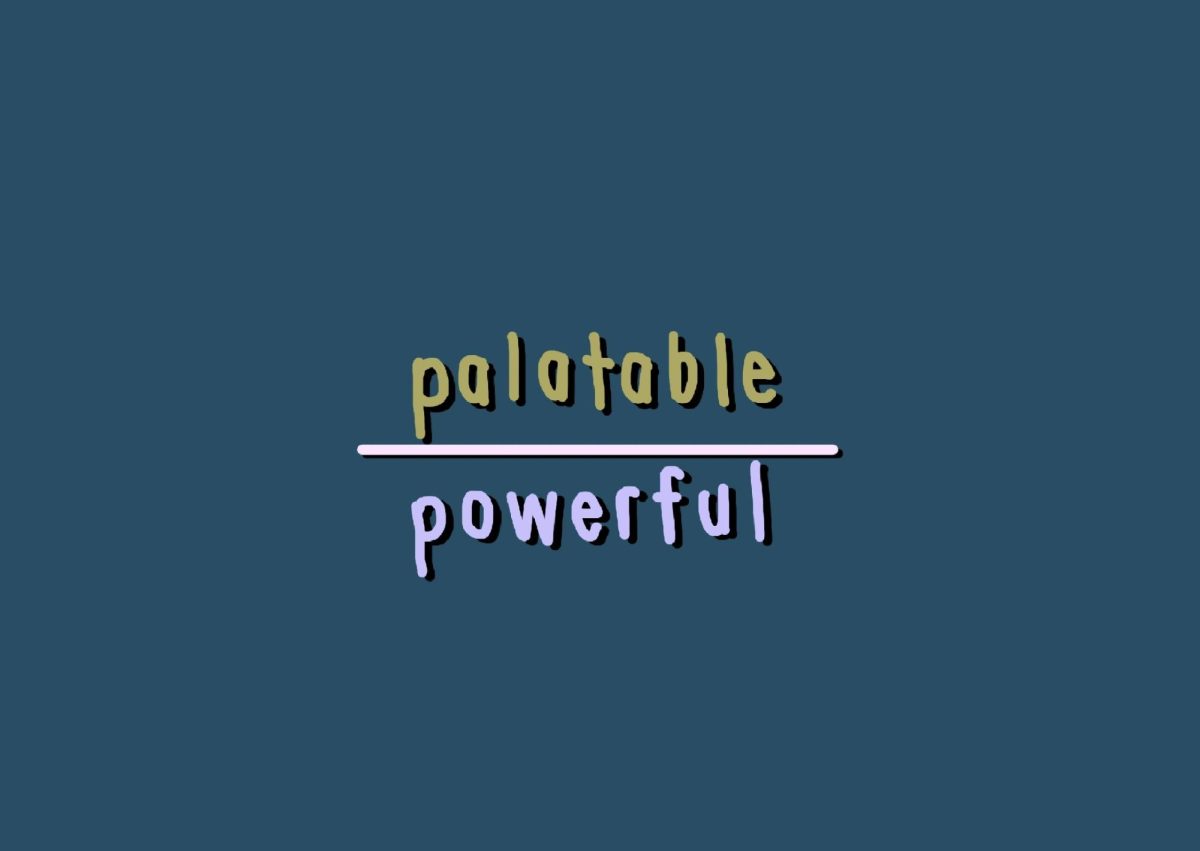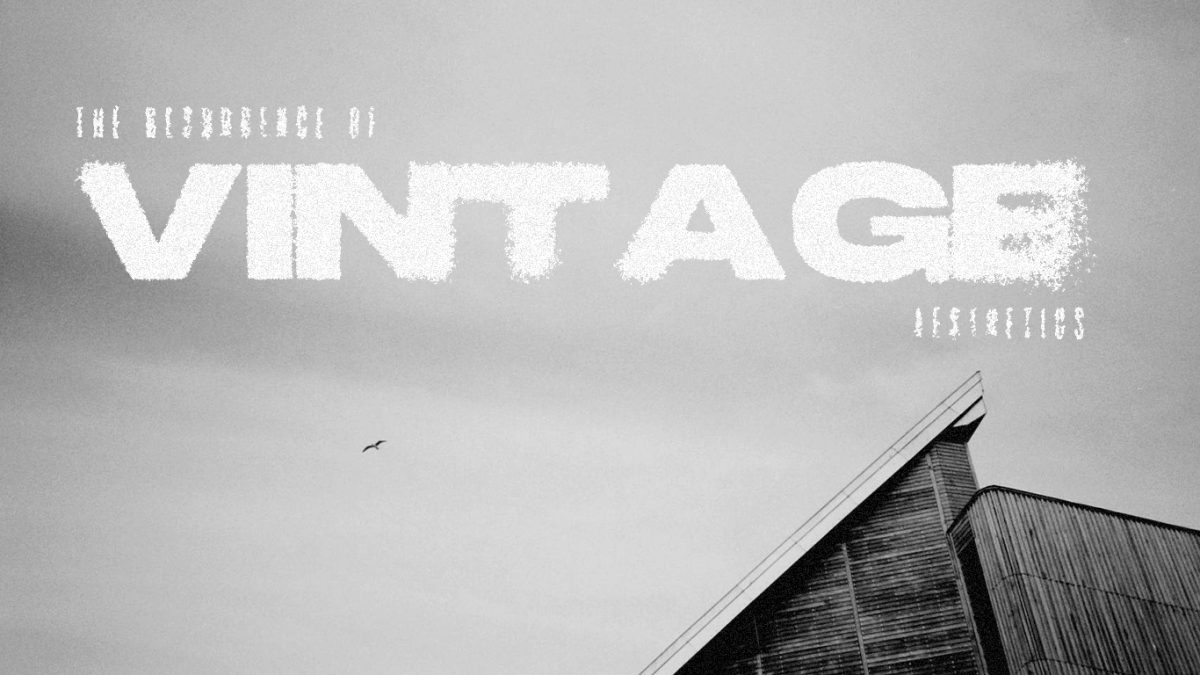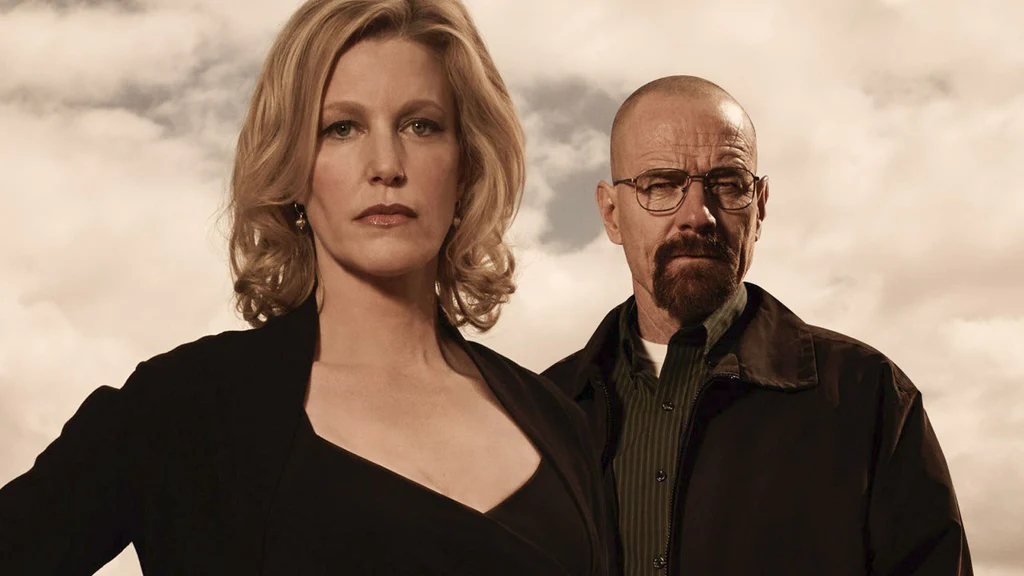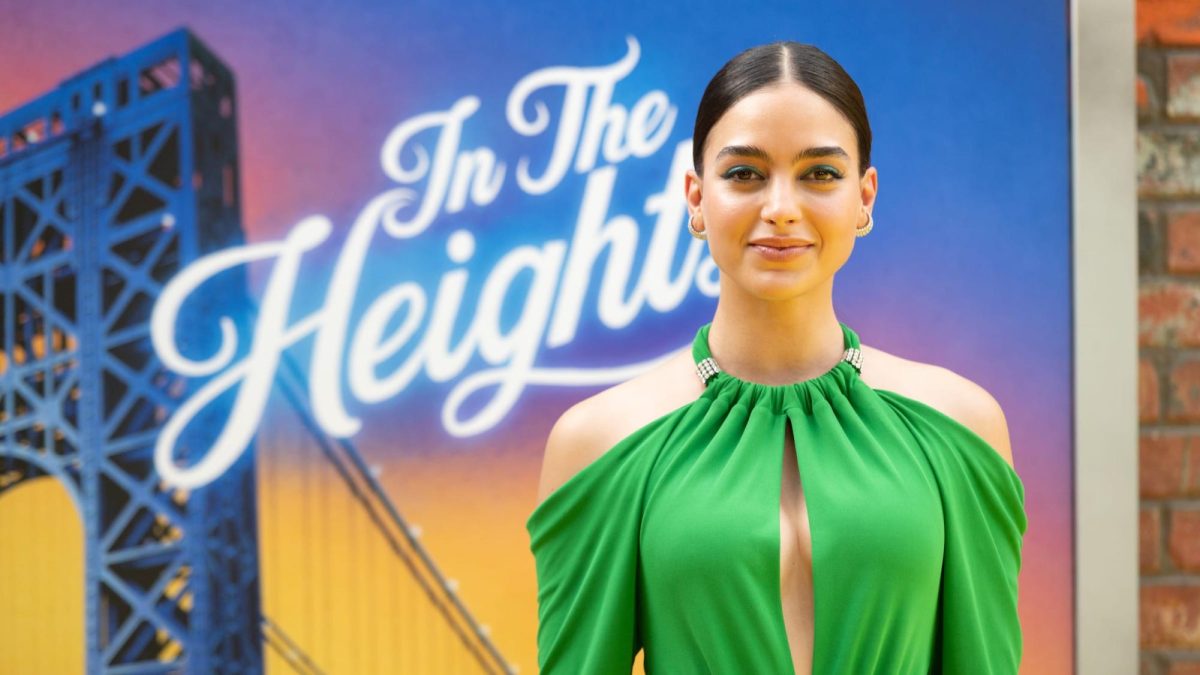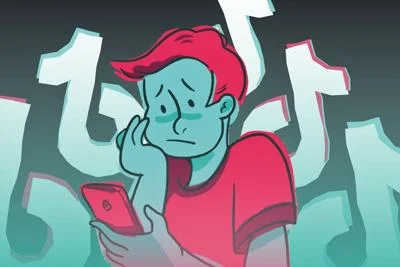America is currently experiencing political conflict that manifests through cultural arts. With escalating political tensions, there has been a phenomenon where individuals consume art that is associated with their political leanings to support their narratives, and subsequently, political conflict has emerged with the support for arts. This tension has manifested as a cultural showdown in the music industry, with figures like Taylor Swift representing the progressive camp and Morgan Wallen aligning with the conservative faction. However, beyond severe political conflict, this apparent projection of politics on pop culture and the music industries may harbor more potential danger.
Taylor Swift – Representative Liberal Musician
Until 2018, Taylor Swift remained politically neutral, but when Donald Trump was elected, she broke her silence and declared her support for the Democratic Party. She began actively raising her political voice, becoming an icon of independent women with a high interest in LGBTQ+ and women’s rights. In her 2019 album, Lover, she sang much more about her political views. In “The Man,” she sang about the oppression she experienced as a woman, while in “Miss Americana & the Heartbreak Prince,” she addressed the absurdity of societal expectations for women, directly mentioning voting for the Democratic Party. Through songs like “You Need to Calm Down,” she consistently expressed her political voice, supporting LGBTQ+ people through her music. With these moves, she became a representative liberal musician of America and gained even more support from young women. During the 2020 presidential election, she adamantly supported Joe Biden. For these reasons, conservative parties opposed her strongly, some even claiming that her success is based on a man-hating code, and even arguing that her popularity signals societal decline. However, amidst these vitriols, Swift opened her Eras Tour, a high-grossing, record-setting tour containing her entire discography. In addition, she had overwhelming success on the global charts, although she had lagged behind a little bit on the American Charts.
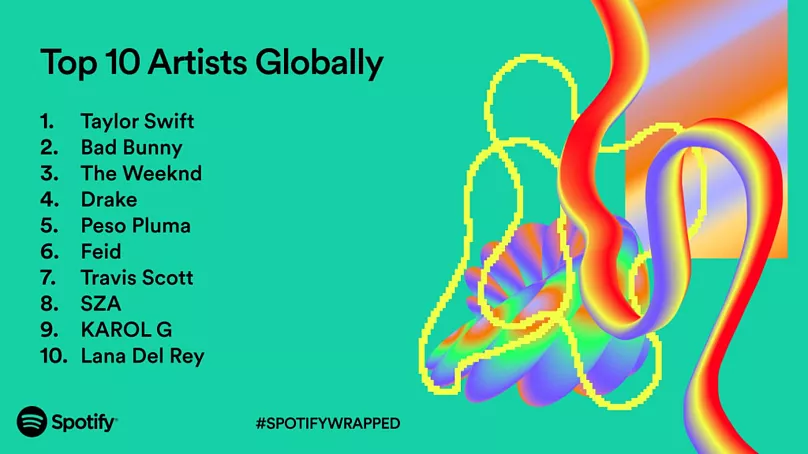
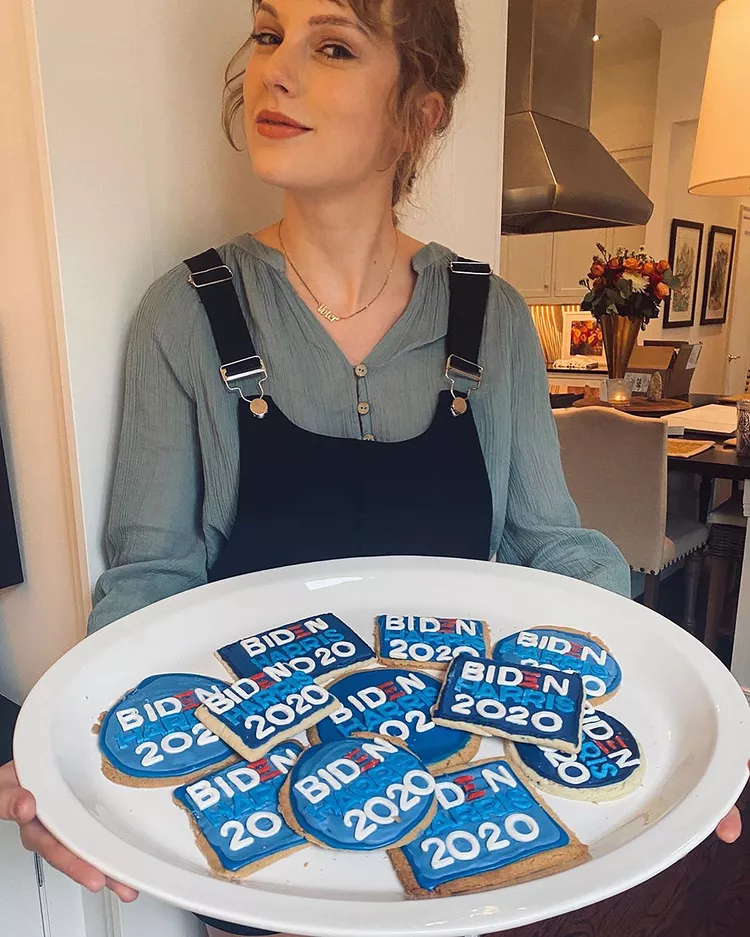
Morgan Wallen – Representative conservative Musician
Joe Biden’s implementation of mandatory vaccination policies, various equality measures, and a growing emphasis on political correctness was met with backlash. Around the same time, Morgan Wallen, a redneck country singer, was rising to fame. But after a video of him using the N-word to his friend was released, he faced great backlash from the media and the whole entertainment industry, including being pulled from award ceremonies, television, and streaming. However, people who believed these actions regarding political correctness to be excessive supported him and bought his album, and he quickly became an icon of Anti-PC and a representative of conservative media. (While his music is undoubtedly considered as exceptional, his overwhelming superstardom was significantly influenced by political factors). In his concerts, his fans called out “Let’s go Brandon,” a meme used to mock Joe Biden, and in 2023, when his popularity peaked, he secured the top spot in both Billboard year-end charts for singles and albums. In Spotify Wrapped, his popularity was outstanding in the Midwest regions of the United States, where many conservatives reside, while SZA and Miley Cyrus were comparably more popular on the coasts of America.
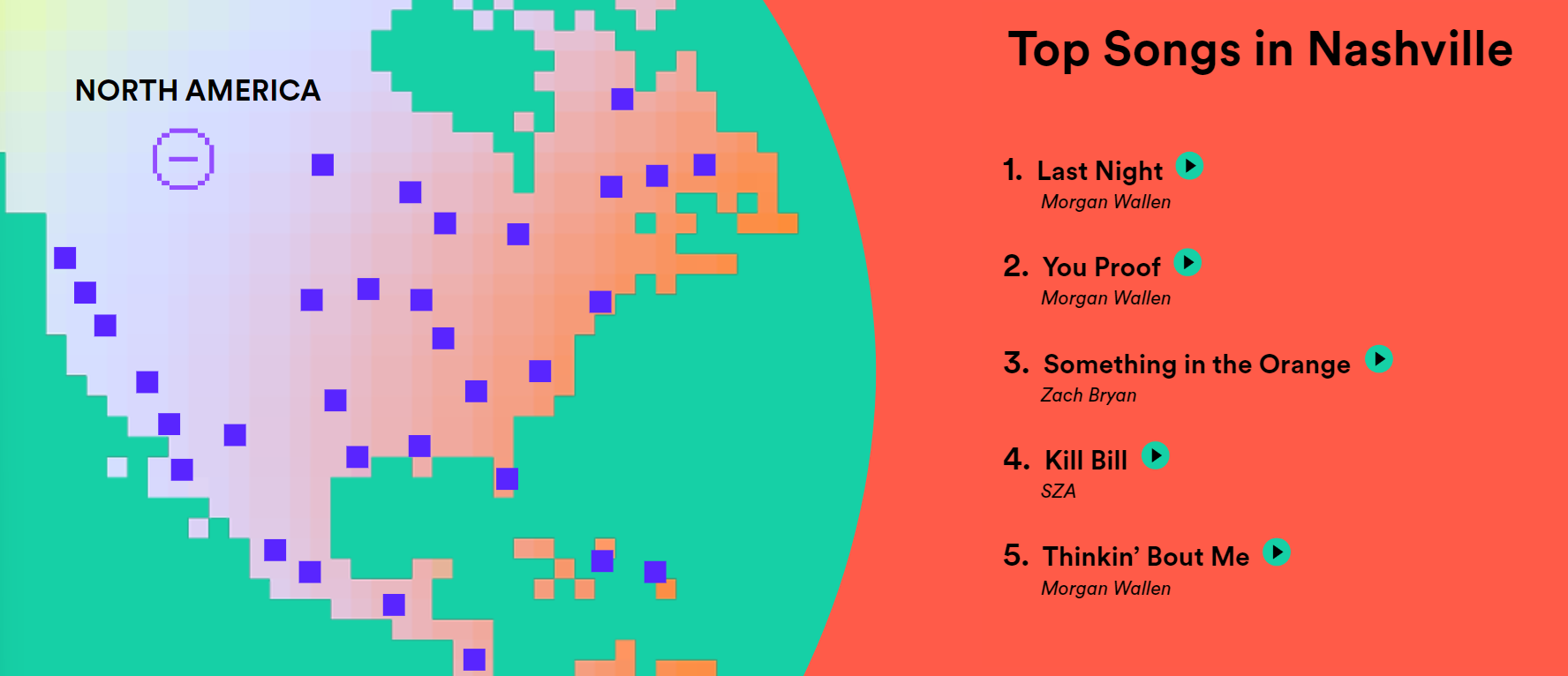
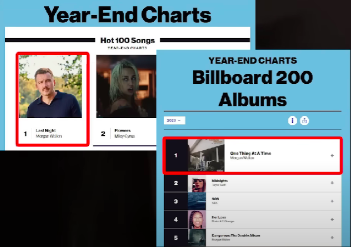
While Taylor Swift and Morgan Wallen have gained significant popularity as representatives of their respective political factions, there is a profound potential issue in popularity and support for art being determined by politics. This is not simply about evaluating music based on its intrinsic value. However, it is about rationality interrupting pure artistic creation. When looking at most of the artists, they cannot completely explain what they are doing. They solely follow their intuition in the act of creation. The process of creating art is about artists experiencing the world as individuals and shaping the nature of experience, by exploring what it is. They can feel what is coming from the deep inside of their mind, but it can never be perfectly explained, and the great art can only be discussed over and over, profoundly. They do not plan perfectly about what they will do, although they make a direction on it. Artistic creation itself is more of an exploration, and the whole process of it is mostly embedded in the outcome. Considering this nature of art, the phenomenon of political ideals influencing music can’t be positive.
In fact, we have already witnessed what happens when an artist aims to convey specific political messages in their creation. “Woke” Hollywood and the PC culture of the modern entertainment industry are examples. For example, Disney has recently latched onto progressive ideologies, such as political correctness and equality, that they have created movies and dramas for the sake of political ideals rather than focusing on pure artistic creation. As a result, they have faced significant criticism from both critics and the public. What they have done compromises the inherent value of art, injecting political ideologies into the pure artistic creative process, arguably “manipulating” that art to advance political agendas.
It is natural for art to carry a political undertone, as it is the story and expression of artists about the world they perceive and experience. Queer pop like Lady Gaga’s which sings the confidence of homosexuals to stand erectly in the world has politically progressive elements. However, these arts with political elements are often pieces created through the genuine exploration of who they are and how they have to stand in the world that oppresses them. However, the political hues in art are byproducts of the creative process, not the primary purpose of the artwork. There is an old Hollywood axiom: “If you want to send a message, use a telegram.” Art should not be created to convey a message. Movies, music, and dramas are all just a narrative and musical expression from their own artistic exploration. It is merely the case that those creations are carrying political undertones. The attempt of queer movies to portray the beauty of homosexual love naturally leads to a progressive tone, and in the process of telling the story of some women and their nobility, there is a story of oppressed women. Exceptional, genuine artworks are not created aiming to express political ideas. Rather, they just emerge as a result of artistic exploration and incidentally contain political hues.
This is also the case of the culture war between Taylor Swift and Morgan Wallen. Morgan Wallen might not be the case where his music or identity as a musician made him a political icon. But, for Taylor Swift, what she sings is her own story; it is about what she is experiencing as a woman in this society. Taylor has mentioned that during the release of her album in 2019, she found herself frequently reading political news, more interested in politics than ever before, and she even said that she did not care about backlash. Believing that the time she was creating the album was politically important, she said her work ended up containing more political narratives than ever, oddly. She does not exactly know why her album ended up with so many political themes. Still, it just happened naturally as politics became a more significant part of her life, and as it became important to her. Nothing was planned elaborately for what to make; she simply followed her artistic intuition and went on exploration. Looking at these examples, it seems that in the ongoing cultural battle led by Morgan and Taylor, the piece of art itself has not yet been compromised by politics. However, there are certainly strong potential risks. As cultural arts are mostly influenced highly by popular appeal beyond artistic achievement, political messages becoming the intent of art, aiming for popularity, are unlikely to happen. A phenomenon seen in entities like Disney and liberally biased Hollywood is not very different. Stories of minorities have always existed, but as those cinematic codes align with political trends and promote racial diversity as a positive message, those politically correct messages become the intention and plan of art, pushing creations from art to the realm of propaganda. Reflecting on what happened in the past, the current situation where politics determine the popularity of cultural arts is very similar and profoundly dangerous.

